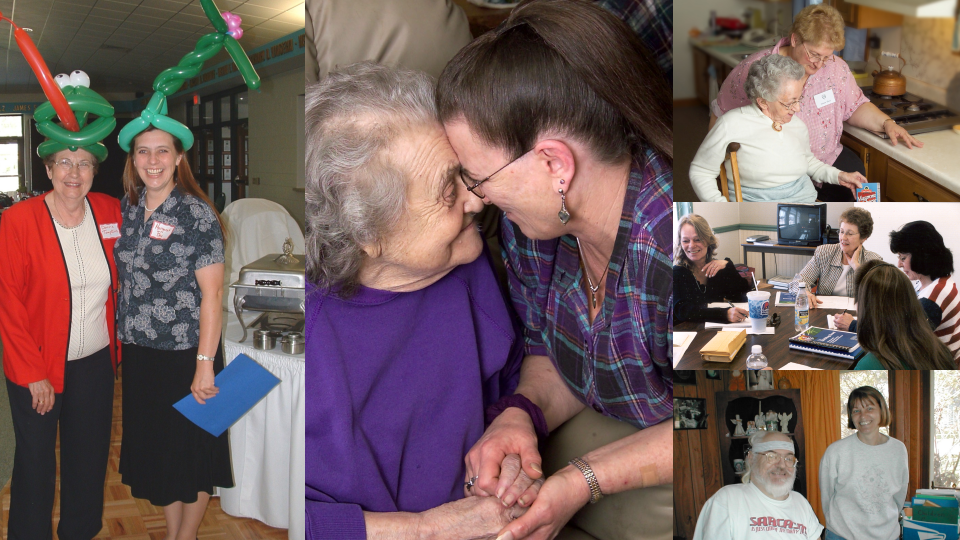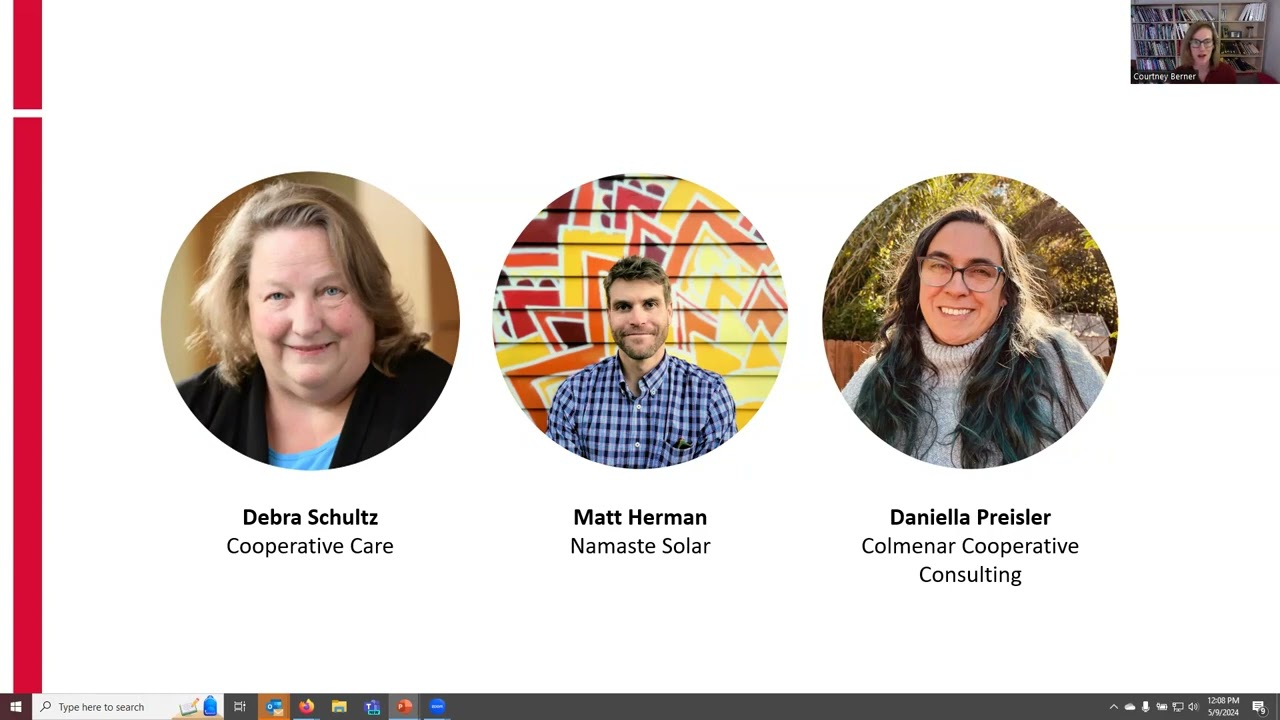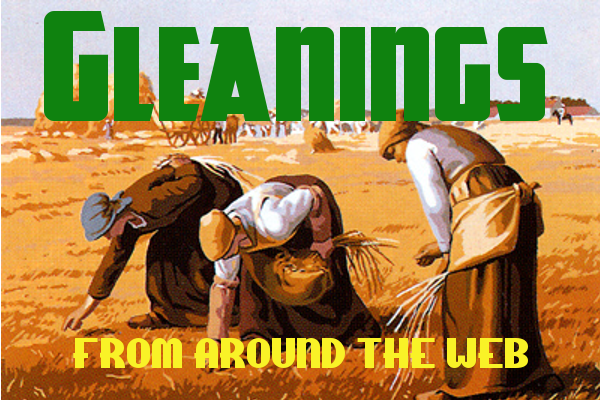This week, Margaret Bau looks back on two decades of the worker co-op movement from her post at USDA Rural Development - from helping 60 women form Cooperative Care in rural Wisconsin in 2001, to the evolving support USDA provides to cooperative support organizations and for cooperative conversion efforts.
Then the UW Center for Cooperatives hosts a discussion with three worker-owners about the findings of Cooperative Governance Research Initiative, carried out in 2021 and released this last April.
Celebrating 20 Years of the Worker Cooperative Movement
A Reflection from USDA Cooperative Services
by Margaret Bau
In the mid-1990s, the independent agency then called Agricultural Cooperative Service merged with other federal organizations into the umbrella of USDA Rural Development. With that change came a growing interest in additional types of cooperatives that touch the lives of all rural residents. One of those interest areas emerged from rural Wisconsin – creating a worker cooperative of home-based caregivers serving the elderly and people with disabilities. This interest is not surprising given the rapidly aging population of rural America, ahead of the curve for the rest of the country.
Worker Co-op Findings from the Cooperative Governance Research Initiative
by UW Center for Cooperatives
Join Courtney Berner and three worker co-op members for a deep dive into worker co-op governance practices and the trends that are shaping them. This 75-minute webinar will feature findings from the upcoming report, 2021 Cooperative Governance Research Initiative: Worker Co-op Findings.
Mirlo Highlights Black-Led Music Organizations for Juneteenth and Black Music Month
Mirlo — Black Techno Matters is a collective and label with a mission to boldly reclaim the Black origins of techno and amplify present day Black musicians, producers, and DJs who are excelling in electronic and techno music spheres. They release playlists and compilations and host events such as TECHNO IN THE PARK...
The Rise of Bookstores With a Social Mission
New York Times — On a recent rainy Saturday morning, eight organizers from All Power Books, a volunteer-run bookstore cooperative, gathered at the Church of Christ to distribute the leftover produce they had procured from a food bank. The day’s haul was unusually large: Crates of mini potatoes, frozen meat, green beans, apples and nectarines were stacked alongside snacks like fried spring rolls and Sour Patch Kids...
Solidarity Series: Trunk of My Car Cooperative
Artisans Co-op — It’s a weekday in May 2022. I’m at my kitchen sink, washing dishes from afternoon lunch. Between glasses, plates, and silverware, I’m staring out two corner windows, overlooking Kihei before land concedes to the Pacific Ocean, which becomes the horizon. For some reason, I’m remembering a conversation I had with author and radio personality Michael Baisden, back in August 2017. We met at the Park MGM, at a bar outside the Park Theater just before Stevie Wonder would hit the stage. I shared that I am a writer but not yet published. He told me when he started, he sold books from the trunk of his car…
Agroecology, from Palestine to the Diaspora
Science for the People — On a biweekly basis, you’ll find a farmer’s market set up on tables laid out in front of the cultural center in Ramallah. A number of agricultural cooperatives from the surrounding municipalities come to sell their organic produce to passersby and to regular customers that come out in their support. Most of these cooperatives are youth-led farms inspired by a surge of interest in new models of community-supported farming using agroecological methods...
Like what you find on GEO?
Make a Donation Today!
Your tax-deductible contribution ensures that GEO can continue to provide independent grassroots content about the cooperative and solidarity economy movements.
Got something to say?
Let us know. Send your comments, suggestions, rants and article submissions to editors@geo.coop.
Follow us on Social Media
Mastodon: social.coop/@GEO_Collective
FB: facebook.com/GrassrootsEconomicOrganizing/
Twitter: twitter.com/@GEO_Collective
Our mailing address is:
Grassroots Economic Organizing
P.O. Box 115
Riverdale MD 20738-0115




